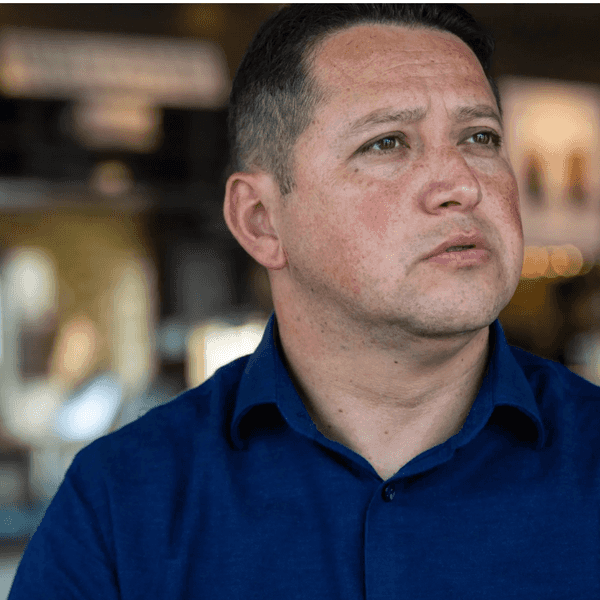
Is hard work, sacrifice and delayed gratification rewarded anymore in America?
Don’t ask a Teamster.
In cities across the country recently, they’ve filled auditoriums to air their grievances over a pending federal pension agreement that would spell hardship — and in many cases financial disaster — for an estimated two-thirds of the 407,000 Teamsters whose pensions are managed by the Central States Pension Fund.
Like several other so-called multiemployer pension funds, commonly set up by unions and employers with whom they have collective bargaining agreements, Central States is in deep trouble. It’s paying out $3.46 for every dollar taken in through employee contributions. If it fails, it could wipe out the multiemployer fund of the federal Pension Benefit Guaranty Corporation (PBGC), which insures pensions against bankruptcy.
To avert its impending demise, Central States applied to the Treasury Department, the PBGC and the Department of Labor for permission to cut pension payments to the fund’s beneficiaries.
If the plan goes through, many would face cuts of up to 60 percent in the monthly retirement payment they spent their lives working for, believing it was guaranteed. They worked for that check. They believed it would be there to pay for mortgages, groceries, grandchildren’s schooling and medical costs as they aged. Now they’re being told to give a big chunk of it back.
Is that fair? Start by considering that it wasn’t even legal until December 2014. That’s when the Multiemployer Pension Reform Act was attached at the last minute to a must-pass omnibus spending bill. It allowed pension funds to apply to the Treasury Department for permission to decrease employee pension benefits.
No hearings were held. No impact studies were conducted. No debate occurred. The lack of process is damning. Many Congress members didn’t realize what had been tucked into the bill before they voted on it. It was speedily passed, and President Obama signed it into law.
Now, as required under the law, the Treasury Department is reviewing Central States’ application to slash benefits. Attorney Kenneth Feinberg, an acclaimed federal mediator who is acting as special master in the review, is attending town-hall forums to hear out Teamsters whose pensions are on the chopping block. In city after city, he has watched rooms fill with hundreds of Teamsters — retired truck drivers, dock workers, freight loaders — many gray-haired and often assisted by canes.
The Treasury has until May to decide whether to approve the application.
Bills have been introduced in Congress to undo the damage — including one cosponsored by presidential candidate Sen. Bernie Sanders that would close tax loopholes for the rich and redirect the money backstop multiemployer pensions — but they have little chance of passing, given the partisan stalemate in Washington.
Central States is a canary in the mineshaft for many multiemployer funds. There are fewer union members paying into Central States. Some worked for companies that went bankrupt and no longer exist. Some of those firms quit paying into the fund when they went under.
The PBGC, too, is in danger. It guarantees pensions for 10 million workers in similar multiemployer funds.
Politicians and pundits love to blame union incompetence and greed for such tragedies, and the Teamsters leadership has not been faultless. But trucking industry deregulation also hobbled the fund, as did anti-union policies that decimated membership. The Wall Street firms that were given oversight of the fund through a consent decree in the early 1980s did a poor job of shepherding the fund through the financial crisis and the recession.
The causes of the debacle are complicated, and the solution will be costly. It’s clear, however, that making rank and file workers pay the price is about the least just outcome imaginable.
Since first writing of this proposed deal in late November, I’ve heard from many affected retirees.
They speak of their loyal service to trucking firms, some now long dissolved. They write of having been young men ready to work hard and provide for their families. They recall agreeing to strenuous shift work and wage concessions in exchange for the promise that their pensions would be there when they were older.
Many are like Elmer Bowen, a retired truck driver in Georgia, who wrote: “Our country was founded on aspects of integrity, honesty, fairness, equality and righteousness. However, I see none of those traits in the decision that has been made with the Multiemployer Pension Reform Act of 2014.”
He’s right. An equitable solution needs to be found, one that does right by these American workers.
(Mary Sanchez is an opinion-page columnist for The Kansas City Star. Readers may write to her at: Kansas City Star, 1729 Grand Blvd., Kansas City, Mo. 64108-1413, or via e-mail at msanchez@kcstar.com.)
(c) 2016, THE KANSAS CITY STAR. DISTRIBUTED BY TRIBUNE CONTENT AGENCY, LLC
Photo: Flickr user John Lloyd.








